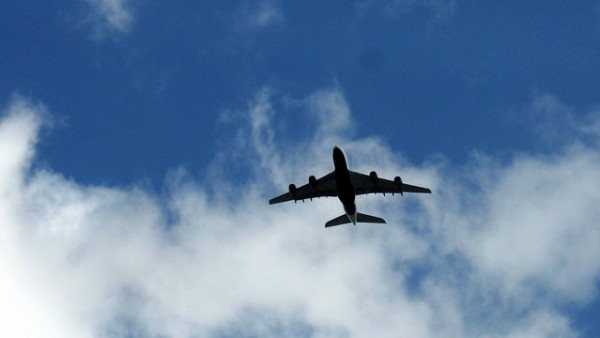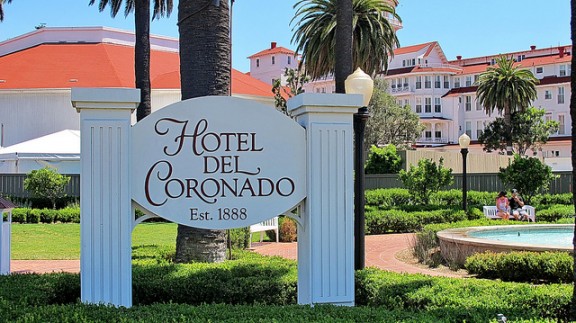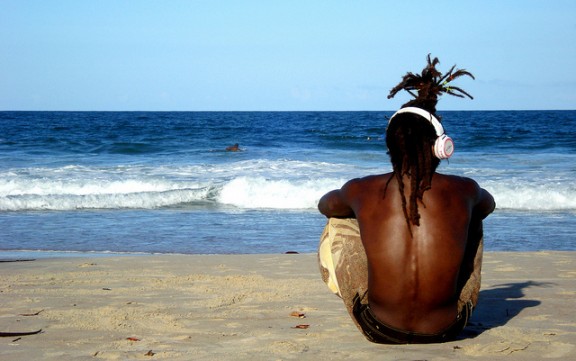As household spending reportedly strengthens at the hands of “decent quarterly GDP growth”, where does travel sit on the spectrum? Would you count this in amongst your everyday budgeting or is it a luxury that is afforded as and when the opportunity arises? Eurozone growth looks likely to remain subdued for the foreseeable future, meaning that the UK’s financial position is strong and if planned carefully, a trip abroad can come at a fairly decent price. But does this then mean that people are changing their travel habits to make the most of the strength of the GBP?
With all this talk of the strength of currency and household spending in the news at the moment, we were interested to look into whether this is affecting the prices that people are willing to pay when booking a holiday. Holiday Discount Centre offers users the chance to search by destination, resort, board and/or star rating, resulting in a personal selection of holidays that fit both location and budget.
As an optimum price is sometimes hard to pin-point when searching for a holiday, star rating usually dictates this element of the search and is fairly indicative of the amount of money someone is willing to spend. With the sterling reducing holiday costs for many who plan carefully, we wondered whether a YOY increase in searches for higher star rating hotels would be evident. Interestingly, there is an unwavering trend when it comes to searching for a cheap holiday – over 50% of users search for ‘any’ star rating, suggesting that they would be led by a good deal, rather than by a rating stamped next to a hotel. In July 2014, 59.5% of HDC users chose not to specify a star rating and July 2015 saw 56% do the same, implying that this method of searching is optimum when the aim is simply to find a good deal.
Interestingly, the increase in sterling strength this year doesn’t seem to have made much of an impact on the remaining 44% of users search habits. The majority of people selecting a specific hotel quality seemingly choose 3* and this hasn’t changed YOY, with July search data showing only a small rise from 16.9% to 19.5%. This suggests a medium risk strategy, with travellers opting to search for middle-budget holidays in the hope of finding a great deal. In similar proportions, 15.4% of users were searching for 4* holidays in July 2014 and that has risen to 17% this July – whether the small increase in higher search brackets falls in line with the strength of the sterling and the resulting affordability factor is undetermined, but it certainly does show that people are increasingly searching for higher price holidays this year in comparison to last, however slight the incline.
Take a look at the full comparison table to see how users have changed their search brackets over the last year:
|
Star Rating |
July 2014 | July 2015 |
|
1* |
0.2% |
0.2% |
|
2* |
1.9% | 2.3% |
| 3* | 16.9% |
19.5% |
|
4* |
15.4% | 17% |
| 5* | 6.2% |
4.9% |
| Any | 59.5% |
56% |
It will come as no surprise that Spain and Greece remain at the top of the popularity list for the Holiday Discount Centre community. Sitting comfortably in the Eurozone, the sunny countries offer people everything they could want in a beach break! With that in mind, we were interested in finding out whether the increasing gap between the Sterling and the Euro is having an effect on the prices people are willing to pay to travel abroad to these top destinations.
There is an evident YOY increase in holiday prices to these two most popular countries, despite the strength of the sterling having grown considerably throughout 2015. Interestingly, the rise in average airfare and hotel costs comes at a time when the expense of eating, dining and shopping in Europe is cheaper for Brits. Looking at departures during August 2014 and August 2015, Holiday Discount Centre customers are paying 17% more for their holiday to Spain this year. We question whether this is because once in the country, the prices of food, drink and general commodities are lower than last year. Careful planning would mean that you could spend more on flights and higher quality accommodation, without spending any more than last year on the overall holiday.
Also important to consider is the fact that holidays are becoming an increasingly valuable luxury to spend money on. In a society where it’s normal to be ‘on the go’ for months on end, the chance to turn off your technology and step away from constant connections with the world is warmly embraced. The ‘digital detox’ holiday is now a common choice and looking at the number of reported health benefits reaped from simply taking a break, perhaps it’s only natural that travel is one area in which people don’t mind giving in to the natural price inflation.
Whatever the reason, the 17% increase in the price of holidays to Spain this August actually falls in line with the slight increase in percentage of users searching for 3* and 4* holidays. Perhaps as a nation, we’re just embracing the fact that where possible, taking a break and travelling abroad is an invaluable way to spend that strong Great British Pound!
Where have you visited this summer? Have you noticed a price increase since last year? Let us know!
Images by Sean MacEntee, Al_HikesAZ, Diego David Garcia and Raissa Viza via Flickr









Comments are closed.